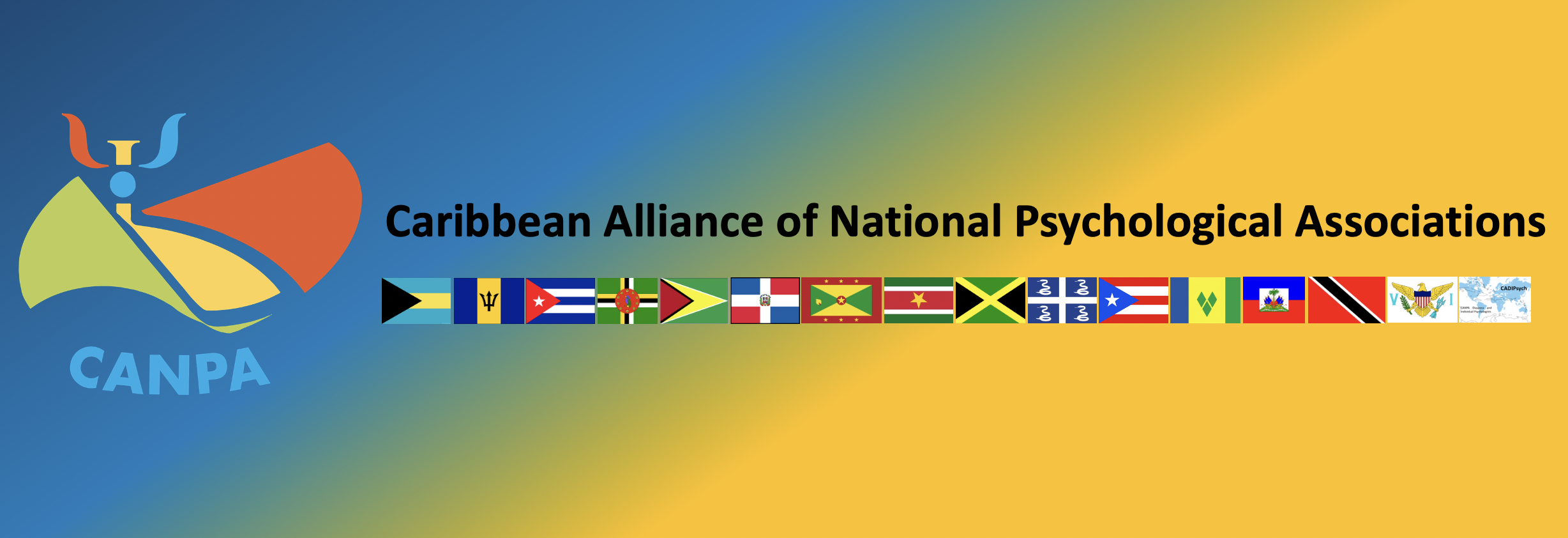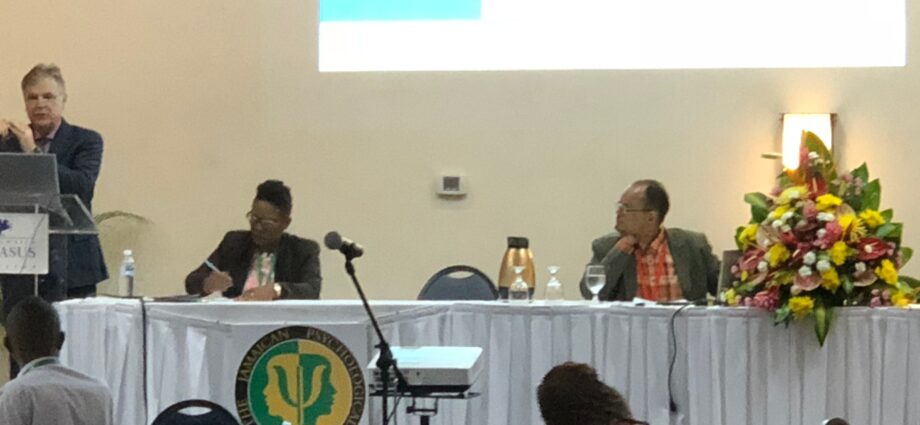Keynote Speaker – Opening Session
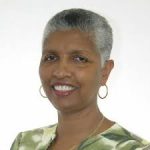
Angela Gordon Stair, University of the West Indies, Jamaica
Caribbean Resilience: The Response of Caribbean Professionals to Natural and Man-made Disasters in the Region
This presentation examines the history of the Psychosocial Support Unit of the Jamaica Red Cross, its responses to disasters, lessons learned and how psychologists and other mental health professionals can use their skills outside the office to help the most vulnerable in times of disasters.
Plenary: Caribbean Psychology Education and Training

Hector Adames, PhD, The Chicago School of Professional Psychology, USA
Problematizing and Disrupting a Raceless Latinidad in Psychology
The concept of Latinidad will be critically explored by revisiting its history and impact on Indigenous Latinxs and AfroLatinxs. We will illustrate how Latinx Psychology has contributed to the erasure of indigenous Latinos and AfroLatinxs, and discuss how anti-Blackness and anti-Indigeneity operate in contemporary times.
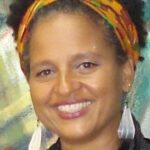
Mariluz Franco-Ortiz, PhD, Instituto de Investigaciones Interdisciplinarias, Universidad de Puerto Rico Cayey
Beyond Colorism: Race and Racism in Education in Puerto Rico
This piece is focused on fostering pride about African heritage, promoting positive attachment to blackness and African heritage among school-aged children, to build a critical consciousness around the ways in which blackness has historically been associated with inferiority and whitenesss with superiority, and diminish the effects of racism among students.
Plenary: Enhancing Caribbean Health and Wellbeing

Katija Khan, University of the West Indies, Trinidad & Tobago
You Alright?’: Threats And Safeguards For Caribbean Wellbeing during COVID-19
The COVID-19 pandemic has taken an unprecedented toll on mental health globally, compounded by attendant social, economic, financial and health impacts. The implications of threats and safeguards for mental health and wellbeing during and beyond the pandemic are discussed through a Caribbean lens.

Eliseo Pérez-Stable, National Institutes of Health, United States
Plenary: Facing New Challenges in Psychology
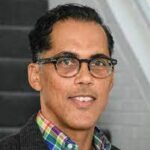
Matthew Smith, University of the West Indies, Jamaica
Gone: Violence, Memory, and Mental Health in Jamaica’s History

Carla Bakboord, Women’s Rights Centre and the Institution of Women, Gender & Development, Suriname
Plenary: Multiculturalism / Multilingualism in the Caribbean

Serge Madhere
Howard University
United States / Haiti
Resilience and Cultural Leverage: Toward a Psychology for Nation Building
This presentation discusses resilience within a core-and crust model of psycho-social development. It underscores the impact of stress and adversity on psycho-physiological well-being, particularly their effects on the brainstem, the limbic system, and cellular reproduction. It then highlights cultural leverage as one of the protective factors that can sustain resilience.

Yovanska Duarte-Velez
Bradley Hospital and Brown University, USA
Working with Latinx Youth with Suicidality: Navigating Cultures and Languages
The experience of working with Latinx youth with suicidality and their families in Puerto Rico and USA will be present. Cultural differences are evident between caregivers and children based on generation, country of origin, language, and context. Challenges and lessons learn on providing psychological treatment will be discussed.
Plenary: Historical and Current Perspectives in Caribbean Psychology
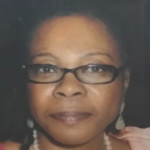
Alcess Lewis-Brown, US Virgin Islands
Literature as a Lifeline to History and a Remedy for Disasters
One of the most important ingredients in the struggle to survive a disaster is resilience in all of its permutations. When we are in the center of a natural disaster, we, necessarily, focus on our own survival and identity; however, we also become aware of others who share the experience.

Maysa Akbar, Urban Trauma, USA
Short Biography
Urban Trauma in The Caribbean
Urban Trauma is a framework that was discovered by Dr.Maysa Akbar. The framework highlights the three areas that have contributed to the trauma POC’s have due to racism.The Urban Trauma framework sets out a path for people to break the generational cycle of trauma and begin their journey towards healing.
